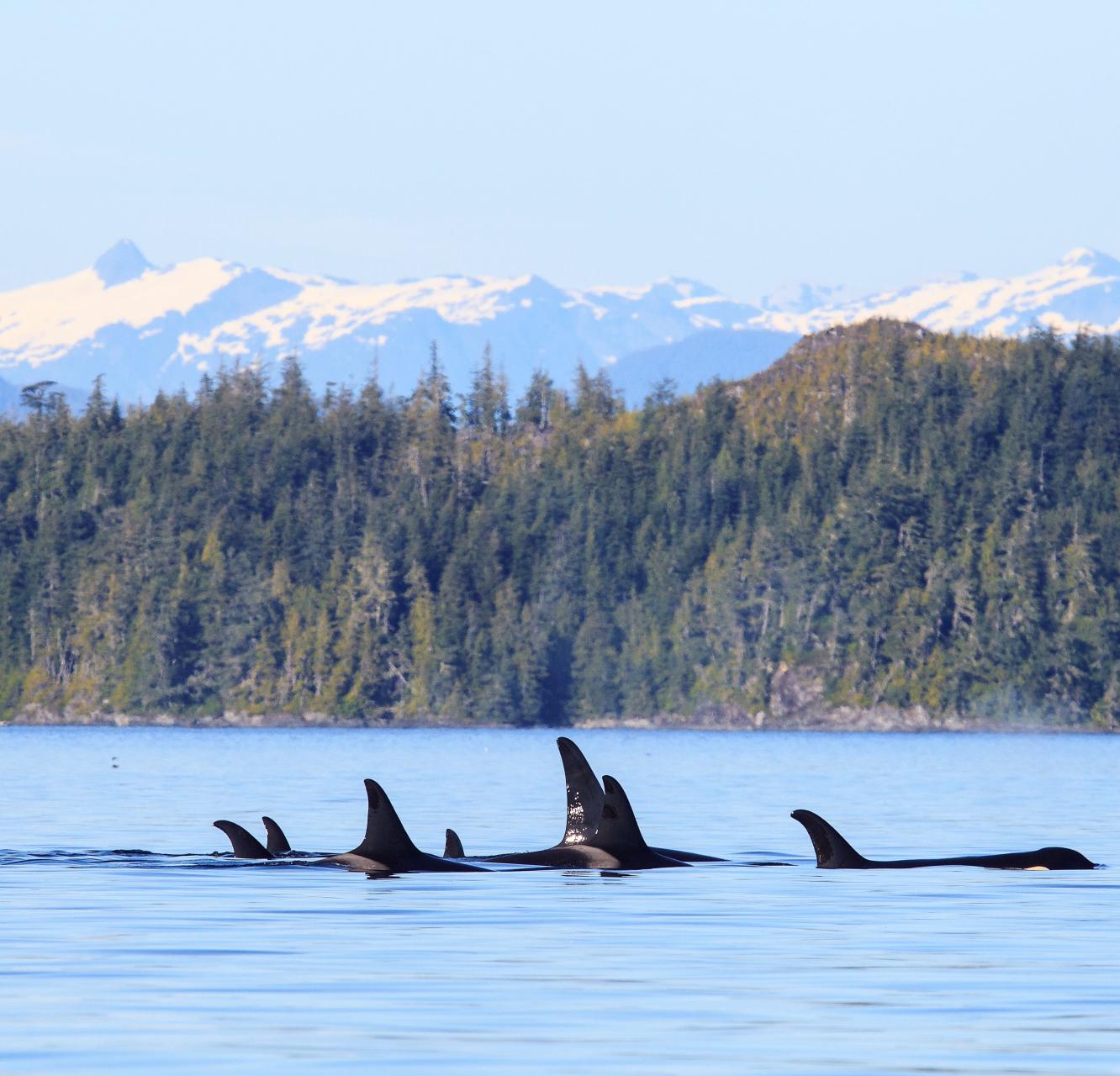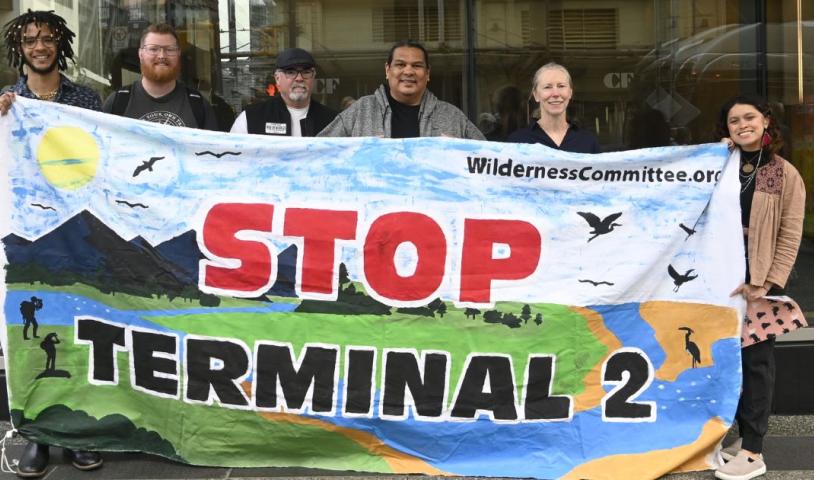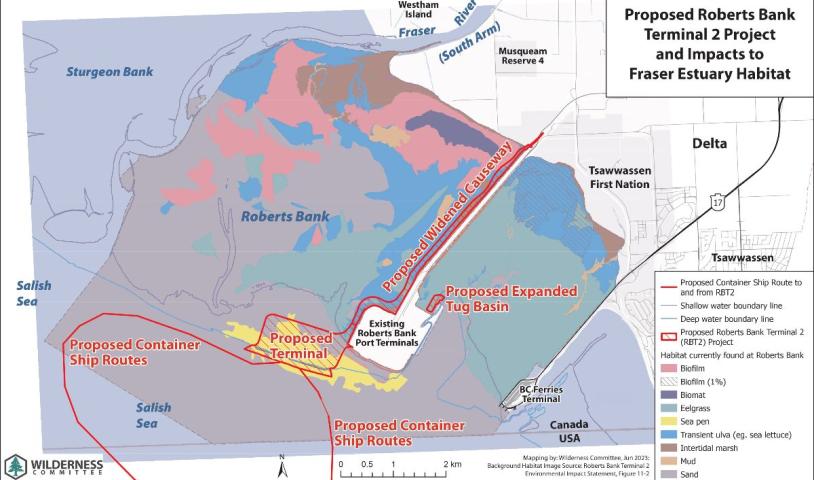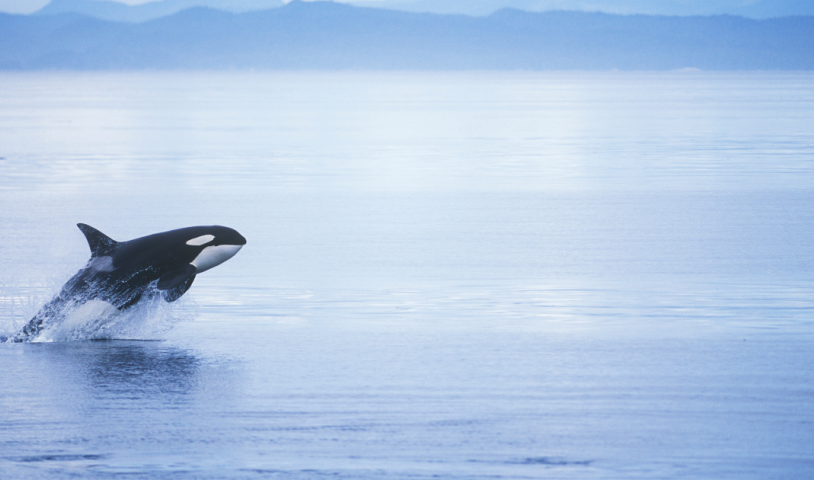Our fight against the Roberts Bank Terminal 2 project
Tuesday, October 9, 2018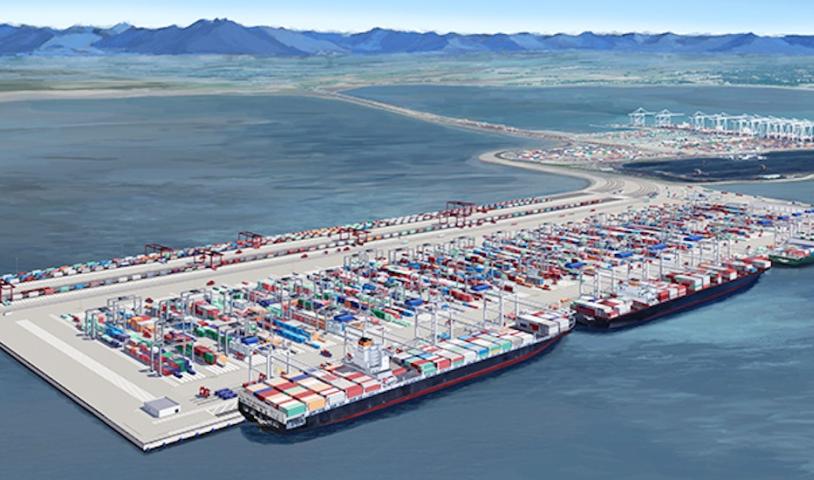
The Roberts bank terminal 2 expansion project would be a devastating blow to marine life and migratory birds
The Wilderness Committee along with Ecojustice and other allies are interveners in the Roberts Bank Terminal 2 environmental assessment. This project would have negative impacts on many migratory bird species, the southern resident killer whales and other marine life.
The project, located at Roberts Bank in Delta, BC, includes a new three-berth container terminal costing 2 billion dollars. There is already an existing terminal here but the expansion would increase the number of container shipments by 50 per cent. An independent review panel is currently conducting the federal environmental assessment, under the Canadian Environmental Assessment Act (CEAA).
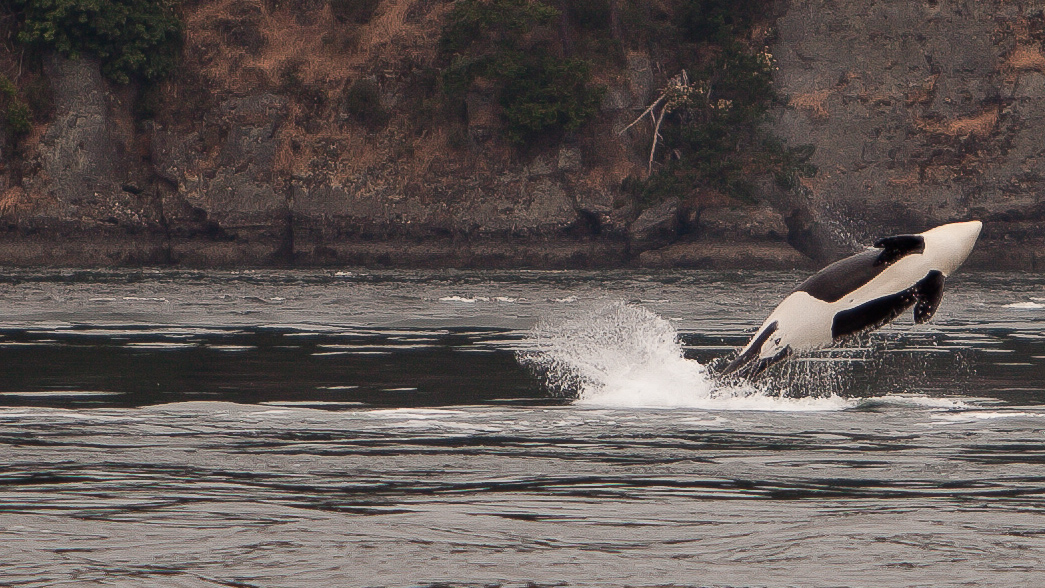
Impacts on endangered southern resident killer whales
The shipping route from Roberts Bank Terminal 2 goes through the critical habitat of the southern resident killer whales.
The whales are endangered due to the high amount of vessel traffic, noise pollution, water pollution, low availability of chinook salmon and plastic contaminants.
Restoring the populations of chinook salmon is important in order to save the killer whales but we also must decrease the amount of shipping through their critical habitat. New research shows that even if fish are available, high amounts of boat traffic reduces the killer whales ability to hunt and find their prey. Simply restoring fish populations alone won’t be good enough. We need to reduce the number of boats on the water so the killer whales can hunt successfully.
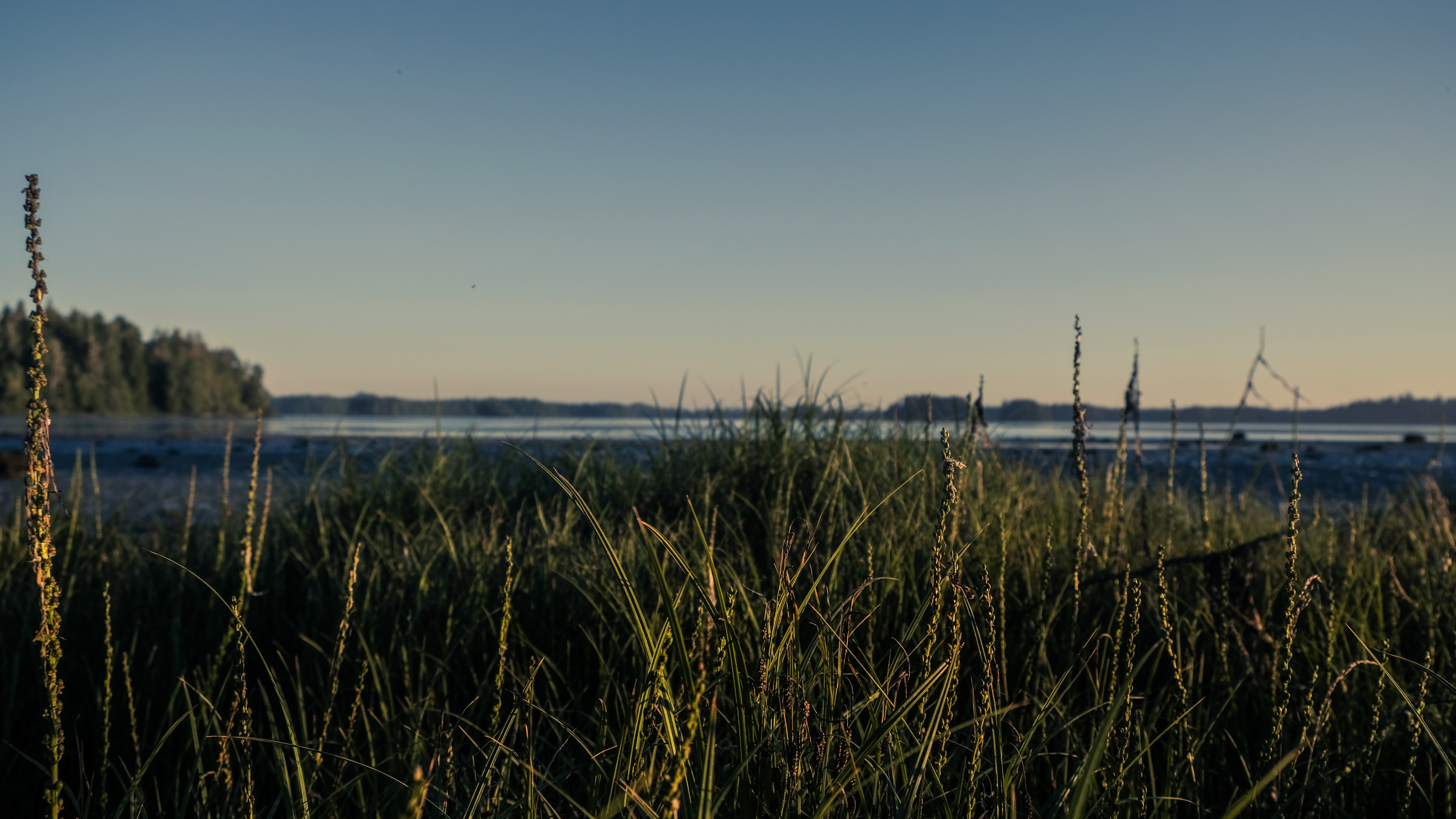
Impacts on marine life
One hundred nineteen species at risk (as designated by either the US, Canada, BC or Washington) live in the Salish Sea. The Salish Sea is the trans-boundary ecosystem that expands from Washington to the Strait of Juan de Fuca, the Juan Islands, the Gulf Islands and the Strait of Georgia.
Some species at risk include chinook salmon, sockeye salmon, southern resident killer whales, basking shark, North Pacific spiny dogfish, Pacific ocean perch, and Baird's beaked whale.
As we increase the amount of traffic through the Salish Sea we disrupt the habitat of species at risk and increase the chance of a spill which would further pollute their home putting these species at further risk of extinction.
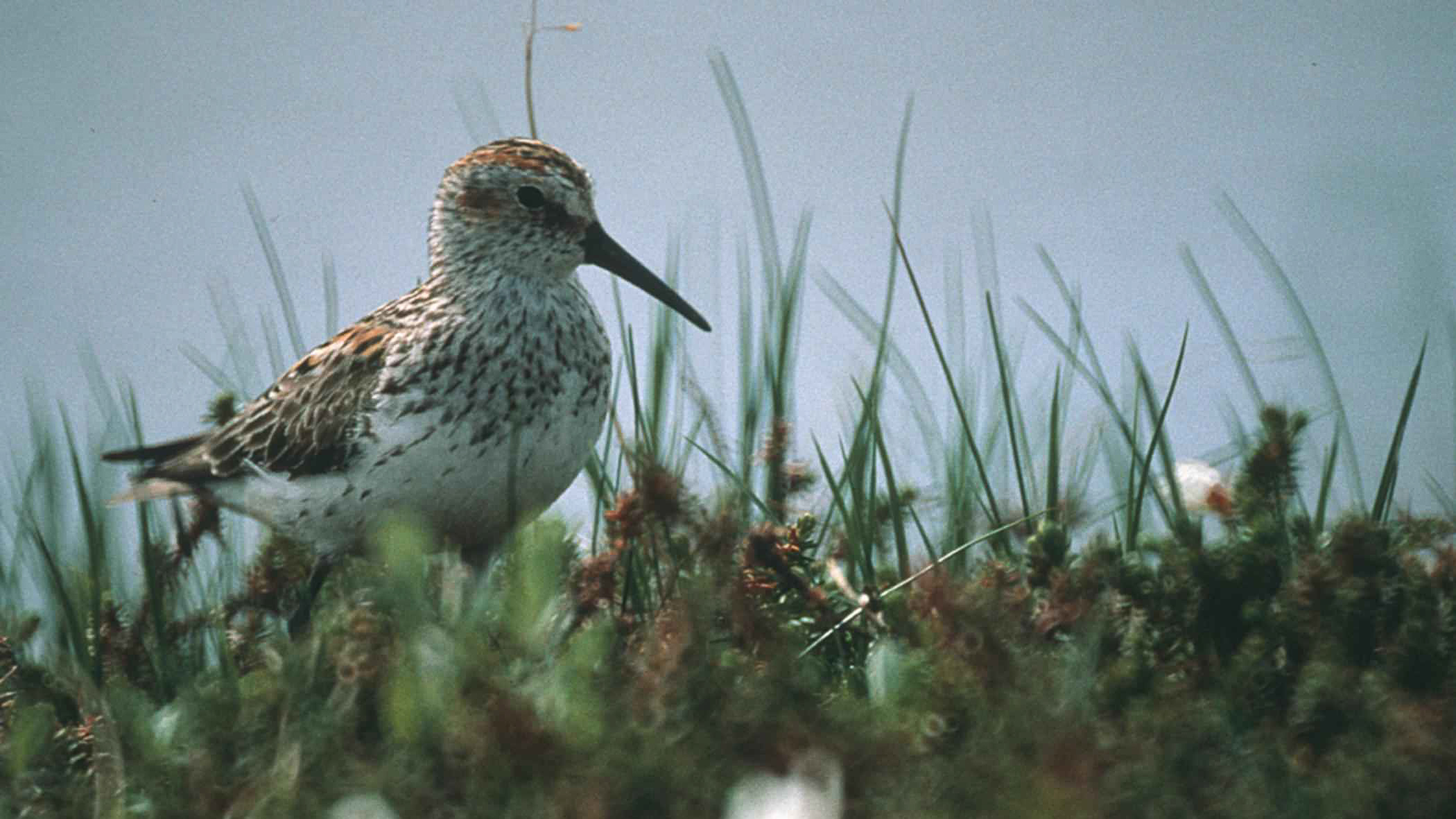
Impacts on birds
Delta is a haven for many migratory birds. It supports the largest wintering populations of waterfowl, shorebirds and birds of prey all that thrive in the wetland, estuarine and upland habitats throughout Delta.
Unfortunately, this project would have severe negative impacts on the globally significant Important Bird Area that is Delta. Environment Canada officials have confirmed in a report that the risks to a significant migratory population of western sandpipers are simply too great for the project to proceed.
These birds rely on a gooey substance stuck to the mudflats in Delta, called biofilm. This biofilm is made up of microbes, organic detritus and sediment which sandpipers rely on for the majority of their diet.
The new container ship would have serious impacts on the habitat of the migratory birds and the life-supporting biofilm.
Where we are now in opposing the project
Right now, the review panel is gathering information from the project proponents. This includes information in regards to the scope of the environmental assessment.
Unfortunately, marine shipping through the Salish Sea is not included in the scope of the environmental assessment for the Terminal 2 expansion project. This means the negative impacts from this project on the endangered southern resident killer whales won't even be considered. This must change.
Wilderness Committee, along with Ecojustice and allies have submitted a letter to the public consultation period demanding that the scope of the assessment include impacts to marine life.
In a recent court decision, it was found that the Tran Mountain pipeline expansion must consider the impacts of marine shipping to the southern resident killer whales. This finding sets a precedence — marine shipping impacts must also be taken into consideration for Terminal 2.
In order for the panel to meet the obligations of s.79(2) of SARA and comply with CEAA 2012, the panel must extend its current scope to induce marine shipping impacts.

Our work with Ecojustice
We, represented by Ecojustice, have submitted a letter to request that the scope of the environmental assessment be extended to include marine shipping impacts. We have also submitted comments to the public consultation period in regards to the public hearing procedures. These comments are important in order for the public hearing to be as effective and fair as possible.
Future plans for opposition
The Wilderness Committee and allies are waiting for the announcement of the public hearing when we can become actively involved. During the public hearing, we will voice strong opposition to the project including reasons why it can’t go through.
Stay tuned for updates and make sure to sign up to our email alert list so we can notify you when it’s time for you to help save the Delta ecosystem, western sandpipers and southern resident killer whales.

